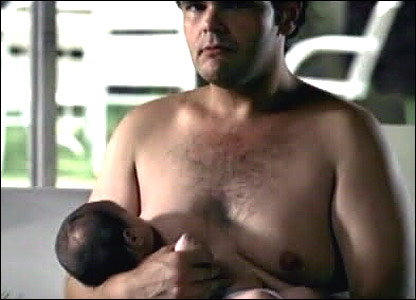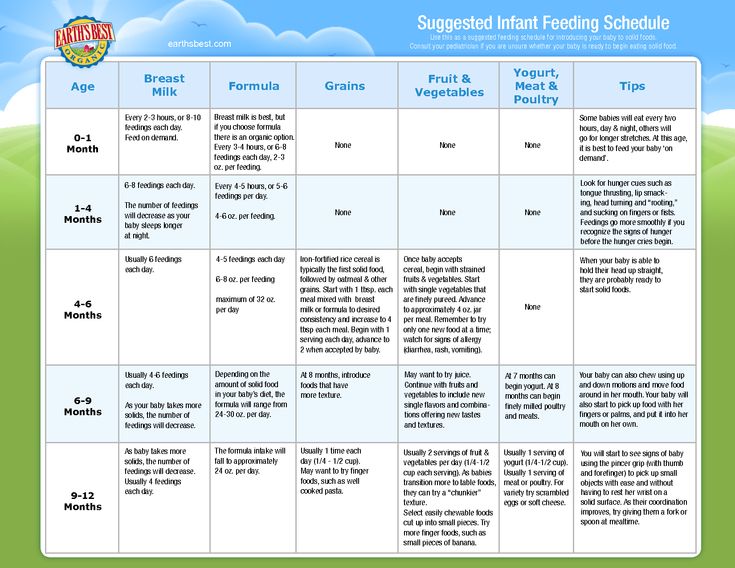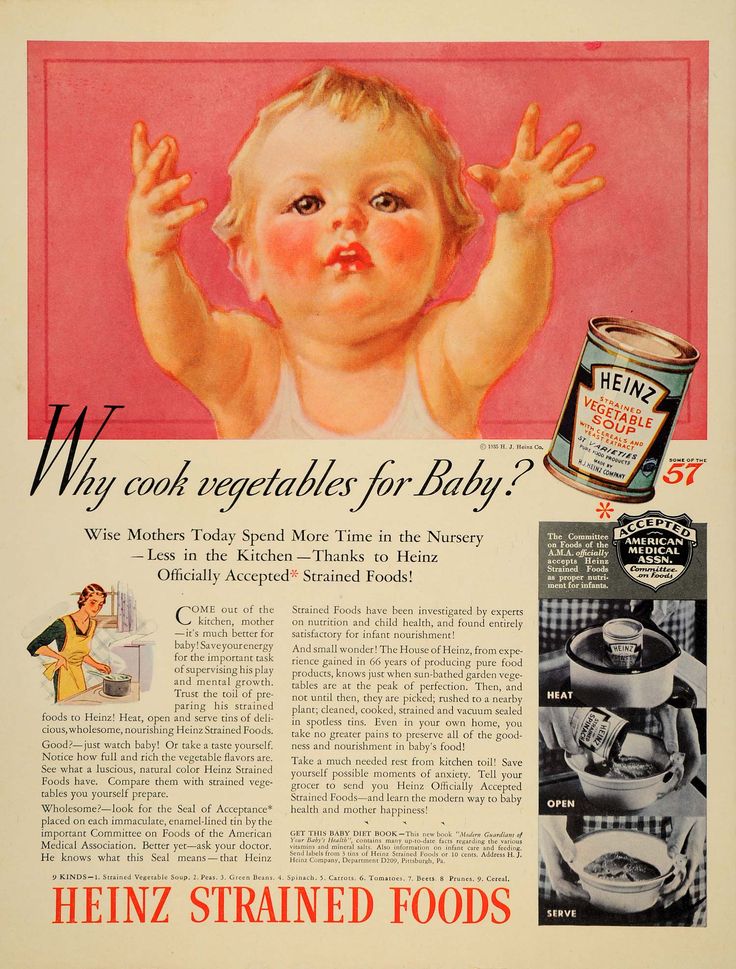Can men breast feed babies
Can men lactate? Whether men can produce milk
The short answer is no, in general men can't lactate or breastfeed. There are some exceptions, though.
Some transgender men and nonbinary people nurse their babies (and use the term chestfeeding or bodyfeeding rather than breastfeeding). If transgender men have chest/top surgery to alter or remove mammary tissue, it may affect their ability to lactate. Trans women, on the other hand, may have a regimen of feminizing hormonal drugs as treatment, which may help with breast tissue development and the potential for breastfeeding.
Chestfeeding can mean nursing at the breast, but it can also mean using a tube attached to the nipple to feed a baby formula or human milk (supplemental feeding). Chestfeeding may also be used for non-nutritive sucking – in other words, for comfort rather than nutrition.
Can men produce milk?
Men don't normally produce milk. In fact, very few male mammals lactate spontaneously.
There are references in literature to men lactating, and a widely circulated story of a Sri Lankan man who breastfed his baby girl after his wife died. Experts question whether these instances did, in fact, exist. Those that did, they suggest, might have been a result of a rare condition, such as a pituitary tumor (the pituitary is a small gland at the base of the brain that produces hormones).
Newborns (male and female) sometimes lactate because of an excess of hormones from their mom's body. And children of both sexes sometimes lactate a bit when they go through puberty – thanks to a rush of hormones. But these conditions are temporary.
Why can't men lactate?
Men do have the anatomy necessary for lactation (nipples, mammary glands, and pituitary glands). What they don't have are the prolactin levels necessary to stimulate the mammary glands to produce milk. Their mammary tissue also doesn't develop at puberty like it does in females.
While men do produce some of the hormone prolactin, women have much higher levels – and those levels surge even further during pregnancy and after delivery, in preparation for breastfeeding.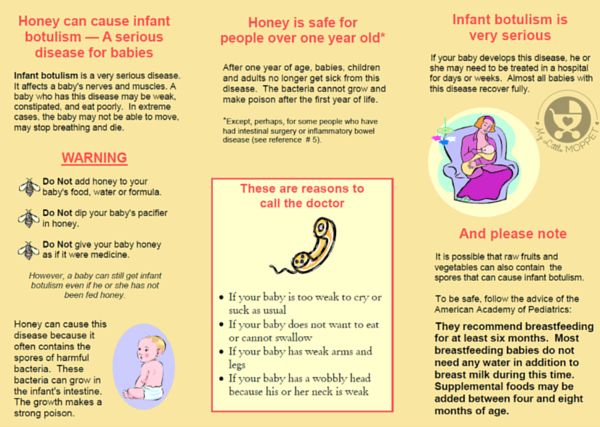
It's possible for male prolactin levels to surge, too. It might happen because of hypothyroidism, which affects the pituitary gland. There have also been instances of medications – such as the antipsychotic chlorpromazine (Thorazine), steroids, or the heart medication digoxin (Lanoxin) – causing increased prolactin levels in men.
Advertisement | page continues below
Other reasons for a potential spike in prolactin include a pituitary tumor or liver problems, such as cirrhosis of the liver. There have been cases of starvation causing lactation in prisoners of war. One explanation is that liver suppression caused by starvation resulted in a buildup of prolactin (because the liver normally filters hormones from the bloodstream).
Theoretically, it might be possible for a man to be given enough supplemental hormones (injections of estrogen and prolactin, for example) to induce lactation. But there would be many side effects, and it hasn't been well studied.
We don't know if the milk men produce would be similar, nutritionally and in immunity-boosting components, to the breast milk that women produce. One study of a man who produced breast fluid concluded that the concentrations of lactose, proteins, and electrolytes were similar to the colostrum and milk from lactating women.
One study of a man who produced breast fluid concluded that the concentrations of lactose, proteins, and electrolytes were similar to the colostrum and milk from lactating women.
Can men stimulate milk production by pumping?
It doesn't seem like it. So far there have been no successful attempts documented of men producing breast milk by pumping.
Relactation (producing milk again after stopping breastfeeding) and induced lactation (producing milk if you've never breastfed) is possible for women. It takes patience, a commitment to pumping, and sometimes supplementation with formula.
It may be possible for men to pump and receive hormone therapy in order to mimic a woman's post-pregnancy body, but there would likely be significant side effects and there are no studies to support the safety of doing this.
One study reports successful induced lactation by a trans woman who took feminizing hormonal medication – estradiol, progesterone, spironolactone, and domperidone (which is off the market in the U. S.) – in addition to regular nipple stimulation.
S.) – in addition to regular nipple stimulation.
Why do males have nipples?
Both males and females develop similarly in the womb up to a certain point (until about 9 weeks pregnant, when sex differences develop). This includes nipple development. But at puberty – thanks to hormones – females develop breast tissue and an ability to produce milk, while males don't.
It's controversial, but some argue that men's nipples are helpful for men who wish to nurse their babies for comfort. The men in the Aka tribe of central Africa – who share the hunting, camp scouting, and childrearing duties with women in the tribe and are very close to their children – do just that, reports anthropologist Barry Hewlett.
Even without producing milk or nursing, there are ways men and partners can help with breastfeeding. Burping a baby after breastfeeding or giving a baby a bottle of breast milk are just two examples. Read our tips for dads and partners on bonding with your baby for more.
Learn more:
- Breastfeeding tips and tricks
- How your body makes breast milk
- Choosing to formula feed
Was this article helpful?
Yes
No
Can men lactate and breastfeed babies naturally?| Qrius
The ability to lactate exists in a variety of male animals, though male milk production is typically a rare occurrence. However, male Dayak fruit bats are commonly known to lactate. So what about human male lactation? Believe it or not, men can, in fact, lactate. Possessing all the necessary equipment (see: Why Do Men Have Nipples), the main reasons men don’t have it happen very often is mostly just a lack of sufficient amounts of a single necessary hormone.
Milk is produced in small hollow cavities in breast tissue called alveoli, where the linings contain cells that secrete milk when properly triggered. While there are a variety of things that go into someone lactating, including various hormones, the main trigger for milk production is sufficient amounts of the hormone prolactin, which is primarily produced by the pituitary gland, though also by the prostate in men and a layer of the uterine wall known as the myometrium in women, among other places.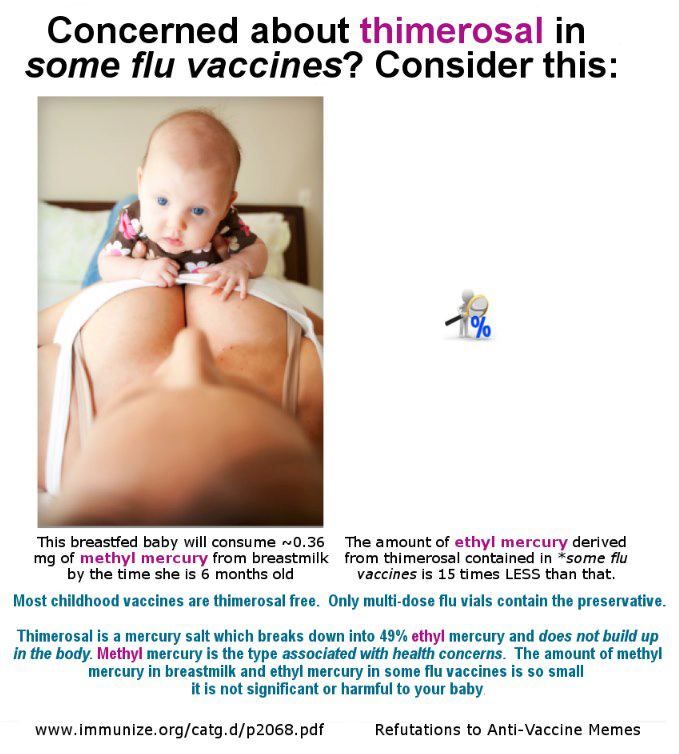
Both men and women have alveoli, but typically have markedly different levels of prolactin. In fact, a normal non-pregnant woman has around one third to twice the hormone than the average man at any given time. Late in a pregnancy and after giving birth, prolactin levels can peak as high as ten times more in these women compared to what you’ll typically find in males.
So how can men lactate without the necessary processes involved in child birth triggering a ramp up of prolactin production?
Prolactin is ultimately metabolized by the liver helping to regulate its concentration in the body in conjunction with certain mechanisms in the hypothalamus. When the liver isn’t functioning properly, abnormally high levels of certain hormones may build up. This is what is thought to have happened to hundreds of male POWs during WWII, who, after suffering months of starvation, began lactating during their recovery; experts opine that the stress and deprivation interfered with the liver and certain hormone producing glands’ normal activities. Once properly fed, the liver took longer to recover than the hormone producing glands- pertinent to the topic at hand resulting in a build-up of concentration of prolactin in the POWs’ bodies, causing them to start lactating.
Once properly fed, the liver took longer to recover than the hormone producing glands- pertinent to the topic at hand resulting in a build-up of concentration of prolactin in the POWs’ bodies, causing them to start lactating.
More recently a report in the Canadian Medical Association Journal documented a case of a man who had a pituitary tumor that resulted in, among other things, overproduction of prolactin, causing him to lactate.
In fact, there are numerous reports throughout history of men lactating, including in The Talmud, where a poor man whose wife died while their baby was quite young had “a miracle . . . his breasts opened and he nursed his child.”
In Numbers 11:12 in the Bible, (whether claiming it was a known literal occurrence or not isn’t clear) it notes, “Have I conceived all this people? Have I begotten them, that thou shouldest say unto me, Carry them in thy bosom, as a nursing father beareth the sucking child, unto the land which thou swarest unto their fathers?”
In Anomalies and Curiosities of Medicine (1896), Gould & Pyle report that both a male South American native and male Brazilian missionaries nursed children after their wives lost the ability. And a similar much more modern and well documented report was made in 2002 of a Sri Lankan man, Mr. B Wijeratne, who took up breastfeeding his 18 month old daughter after his wife died giving birth to their second child. He initially had attempted to feed the older child formula upon her mother’s death, but this was summarily rejected by the toddler. He later stated, “unable to see her cry, I offered my breast. That’s when I discovered that I could breastfeed her.”
And a similar much more modern and well documented report was made in 2002 of a Sri Lankan man, Mr. B Wijeratne, who took up breastfeeding his 18 month old daughter after his wife died giving birth to their second child. He initially had attempted to feed the older child formula upon her mother’s death, but this was summarily rejected by the toddler. He later stated, “unable to see her cry, I offered my breast. That’s when I discovered that I could breastfeed her.”
If you’re wondering how this is possible, it’s known that expectant fathers and those with newborns also see a spike in prolactin compared to their normal levels.
While not anywhere close to enough to cause lactation in men normally, you may be aware that nipple suckling can result in women who didn’t just have a baby ultimately lactating anyway. What’s less well-known is that the receptors responsible for triggering the brain to in turn stimulate the pituitary gland to produce more prolactin and trigger the release of oxytocin, which is necessary to get the milk flowing, exist and function in both men and women.
This process can commonly be observed in cases of women adopting babies and wanting to breastfeed them. They are able to achieve this via regularly having the child suckle and further using a breast pump every few hours over the course of several weeks. According to the Goldfarb Breastfeeding Clinic, in a small study they conducted looking at 228 women attempting this, 31% were able to produce enough milk to provide the full caloric and nutritional needs of the baby. While that may seem a small percentage, it should be noted that nearly all 228 women were at least able to provide some milk to their adopted babies.
This same thing can also be observed in various animals, including sometimes used to cause goats who have never had kids to produce milk. (Editor’s note: I personally had a dog once who never had puppies herself in her near 20 years of life, but for several years in her youth new litters of kittens produced by various barn cats would inevitably see her breasts engorge as she took over breastfeeding the many kittens.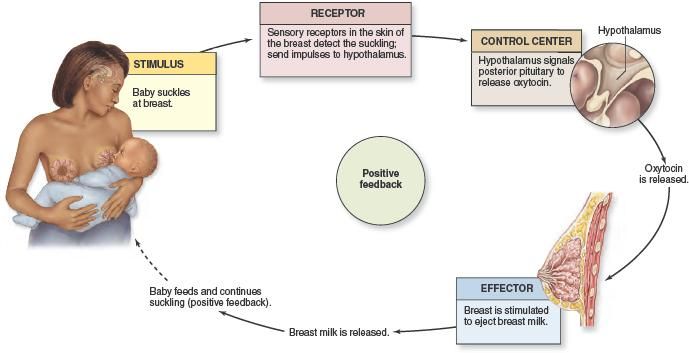 She’d even eventually become extremely protective of them, ultimately not letting the actual mother cats go near them anymore. Sort of bizarre, but the kittens never seemed worse for wear and grew up to be seemingly healthy cats.)
She’d even eventually become extremely protective of them, ultimately not letting the actual mother cats go near them anymore. Sort of bizarre, but the kittens never seemed worse for wear and grew up to be seemingly healthy cats.)
In any event, for men, as with women, the net result of having a baby around and regularly using a breast pump / letting said baby suckle results in a prolactin spike. For some men, this may be high enough to trigger milk production, allowing the male to breastfeed a baby. (Whether that’s what happened in the case of the Sri Lankan man or if he had some other condition isn’t clear, with his physician, Dr. Kamal Jayasinghe, simply noting to the media, “Men with hyperactive prolactin hormone can produce breast milk.”)
There are also some drugs that occasionally have the side effect of increased prolactin concentration in the body sufficient to cause male lactation, such as the antipsychotic chlorpromazine (marketed under the name Thorazine and Largactil) and the heart medication digoxin (marketed under the name Lanoxin, among other names).
It should also be noted here that some teenage and adult men produce milk without babies or drugs. Called male galactorrhea, it often develops during the hormone surge of puberty, but can also be caused by hypothyroidism, among other conditions. Videos documenting such lactation, such as Bodybuilder Chest Milk, abound on the web.
In addition, approximately 5% of newborn babies of both sexes secrete milk from their breasts. Colloquially called Witch’s milk, it is believed to be caused by the combined effects of prolactin and growth hormones from the mother’s milk, along with thyroid and pituitary hormones from the baby. The milk produced is similar in composition to a typical woman’s milk. The condition usually subsides within a couple of months.
Finally, as I’m sure there are some men out there interested despite the social stigma (and potentially some women who’d kill for their men to be able to help out on the breastfeeding front), outside of the aforementioned nipple suckling technique boosting prolactin levels, a more effective solution for men would be to simply introduce more prolactin into the body directly.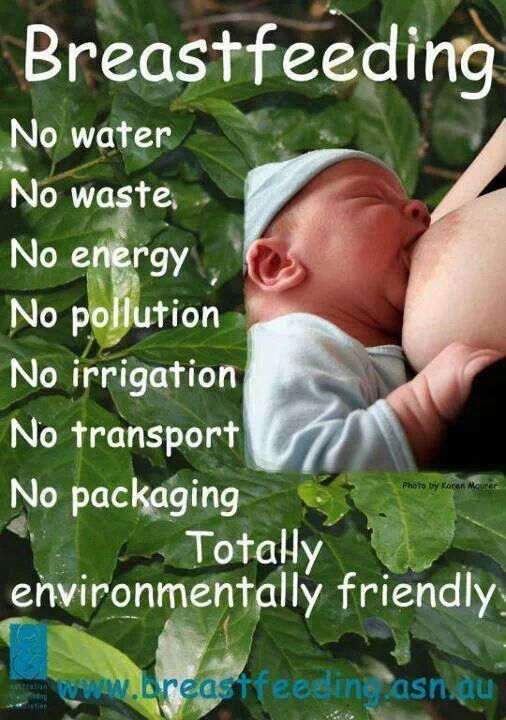 However, while this is sometimes done to induce lactation in animals, at least as far as I can find, it doesn’t appear to be a treatment available to human males wanting to breastfeed their children, and potential side effects of sustained extremely high levels of prolactin in males doesn’t appear to be something well studied. However, it is known that abnormally high prolactin levels can cause a loss of libido in men and women, and in men potential problems with impotence while said levels remain high. Further, prolactin is involved in at least 300 known processes in the body, including playing a role in one’s metabolism and immune system, and in men potentially lowering testosterone levels.
However, while this is sometimes done to induce lactation in animals, at least as far as I can find, it doesn’t appear to be a treatment available to human males wanting to breastfeed their children, and potential side effects of sustained extremely high levels of prolactin in males doesn’t appear to be something well studied. However, it is known that abnormally high prolactin levels can cause a loss of libido in men and women, and in men potential problems with impotence while said levels remain high. Further, prolactin is involved in at least 300 known processes in the body, including playing a role in one’s metabolism and immune system, and in men potentially lowering testosterone levels.
It should also be noted that the general consensus is that, due to certain physiological processes during puberty, even with sufficient prolactin it is unlikely a breastfeeding father would produce nearly as much milk as a woman with equivalent levels. That said, while that seems to be the general consensus of the medical community, I couldn’t actually find any study looking at volume of milk production in lactating males that have been studied.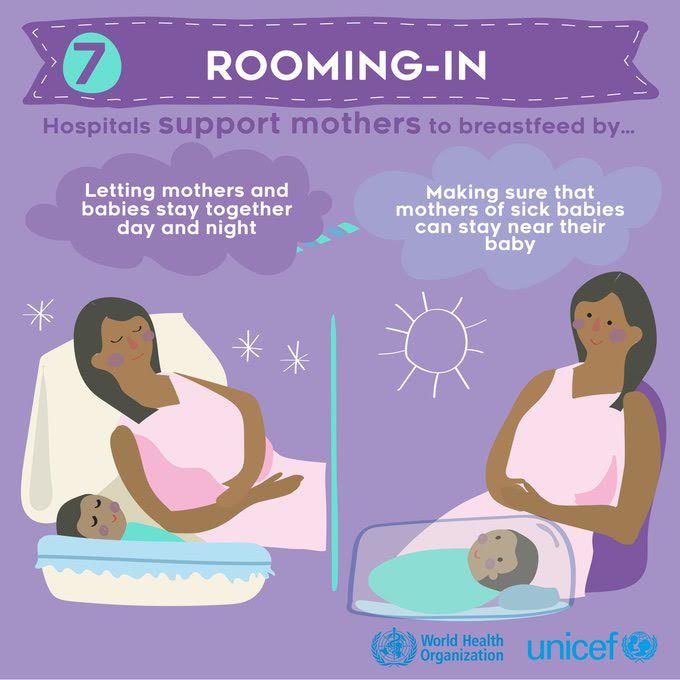
And if you’re wondering about the nutritional value of human male breast milk compared to female breast milk, in a 1981 study of a lactating human male, it was determined that, much like the milk found in both male and female lactating babies, “The concentrations of lactose, proteins, and electrolytes in the breast secretion of this man are within the range of colostrum and milk obtained from normal lactating women.”
This article has been previously published on Today I Found Out. You can follow them on their YouTube channel.
Stay updated with all the insights.
Navigate news, 1 email day.
Subscribe to Qrius
Can a man produce milk and breastfeed
In short, no. If men could produce milk and breastfeed, women would not miss the chance to delegate part of the feeding of the baby to the man. Men do not lactate, although their anatomy has everything for breastfeeding. We explain why this happens and what are the exceptions.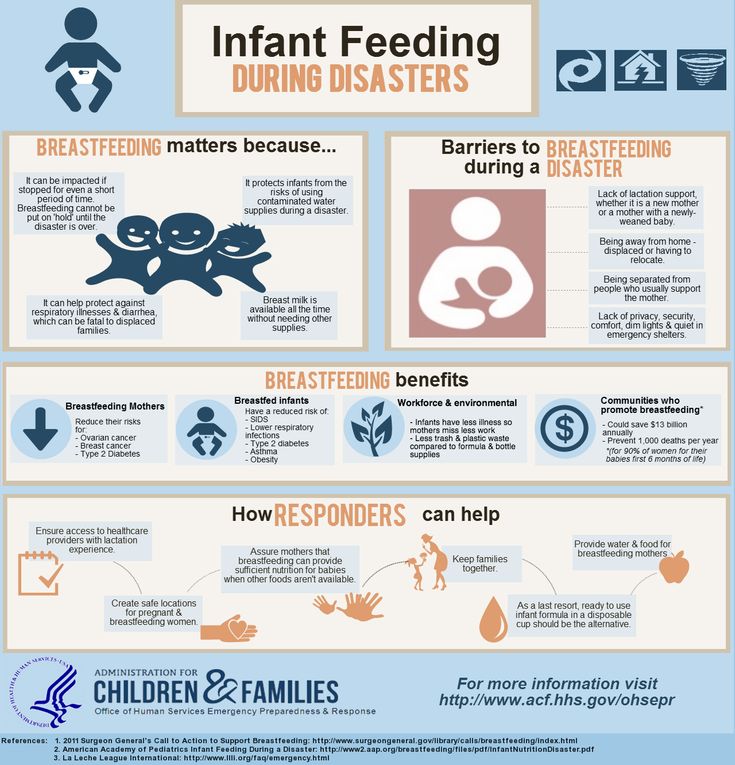
Legion-Media
The man has a nipple and mammary glands. What prevents him from breastfeeding and is it possible to induce lactation in him? Here's what the scientists say0003
Contents of the article
Can a man produce milk
Most men are unable to produce breast milk. In general, male mammals in extremely rare cases spontaneously lactate.
There are references in the literature to men breastfeeding, such as the widespread story of a Sri Lankan who breastfed his daughter after the death of his wife. Experts doubt the reality of this story. They suggest that isolated cases of male feeding may be the result of a rare health problem, such as a tumor of the pituitary gland (a small gland at the base of the brain that produces hormones).
Newborns (boys and girls) sometimes have drops of milk on swollen nipples due to excess mother's hormones after birth (girls still have newborn periods). After all the mother's hormones leave the child's body and the work of their own hormonal system is established, these phenomena stop. Also, children of both sexes sometimes lactate a little during puberty due to the rush of hormones. But this is a short-term temporary condition, which is not observed in adults.
After all the mother's hormones leave the child's body and the work of their own hormonal system is established, these phenomena stop. Also, children of both sexes sometimes lactate a little during puberty due to the rush of hormones. But this is a short-term temporary condition, which is not observed in adults.
Why can't men breastfeed?
Oddly enough, the male anatomy has all the conditions for breastfeeding: the mammary glands, nipples and the pituitary gland responsible for the production of prolactin, the hormone of lactation. However, the male endocrine gland does not produce enough prolactin to stimulate the mammary glands to produce milk. And during puberty, boys do not grow breasts and develop "milk" tissues, as girls do.
That small amount of prolactin, which is normally produced by the male pituitary gland, is involved in the production of testosterone, affects the formation of spermatozoa and is responsible for regulating reproductive functions.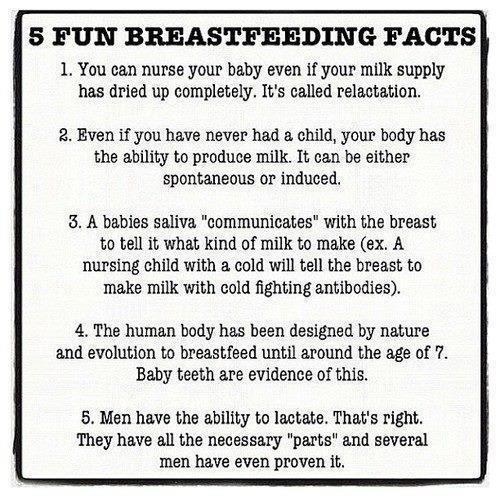 In women, the level of prolactin is much higher, during pregnancy it increases even more and reaches a peak after childbirth at the beginning of breastfeeding.
In women, the level of prolactin is much higher, during pregnancy it increases even more and reaches a peak after childbirth at the beginning of breastfeeding.
What increases prolactin production in men?
One of the common causes of a sharp increase in the hormone prolactin in men is hypothyroidism. This disease affects the pituitary gland and can trigger a hormonal surge. Also, certain medications can stimulate the production of the lactation hormone in men: the antipsychotic chlorpromazine (Thorazine), steroids or the heart drug digoxin (Lanoxin), as well as large doses of the anti-ulcer ranitidine and anti-nausea drugs containing domperidone, such as Motilium. It is sometimes used by women with feeding problems to increase milk production.
Other possible causes of a prolactin surge include a pituitary tumor and liver problems such as cirrhosis. In history, cases of lactation of starving prisoners of war are known. The explanation is this: the suppression of liver function caused by starvation led to the accumulation of prolactin (since the liver normally filters hormones from the bloodstream).
The explanation is this: the suppression of liver function caused by starvation led to the accumulation of prolactin (since the liver normally filters hormones from the bloodstream).
It is theoretically possible to induce lactation in a man with large doses of hormones, for example, with the help of injections of estrogen and prolactin. However, it will certainly cause a lot of side effects. This type of hormonal therapy is not performed and has not been studied.
We do not know if the milk produced by men will be similar in nutritional and composition to human breast milk, or if it will contain components to strengthen the immune system and help in the digestion of infants. However, anecdotal studies in this area exist: scientists studying the breast fluid of one man concluded that the concentrations of lactose, proteins and electrolytes in it were similar to colostrum and milk of lactating women.
Can men stimulate milk production by pumping?
No successful attempts to stimulate male lactation by pumping have been found. Women, on the other hand, are capable of relactation (restoration of milk production after the completion of feeding) and induced lactation, that is, the production of milk by a breast that has never breastfed. There are many cases when, for example, a grandmother or a foster mother fed a baby with her breast. These processes are quite laborious, require patience, constant pumping and sometimes supplementation with formula or donor milk, but they are quite possible.
Women, on the other hand, are capable of relactation (restoration of milk production after the completion of feeding) and induced lactation, that is, the production of milk by a breast that has never breastfed. There are many cases when, for example, a grandmother or a foster mother fed a baby with her breast. These processes are quite laborious, require patience, constant pumping and sometimes supplementation with formula or donor milk, but they are quite possible.
To bring the body into the state of a woman who has just given birth, a man will need to both pump many times a day and receive hormone therapy. Such experiments are fraught with side effects and there are no studies confirming the safety of such interventions.
One study reports successful induced lactation in a trans woman who was taking feminizing hormone drugs—estradiol, progesterone, spironolactone, and domperidone (not sold in the US)—in addition to regular nipple stimulation.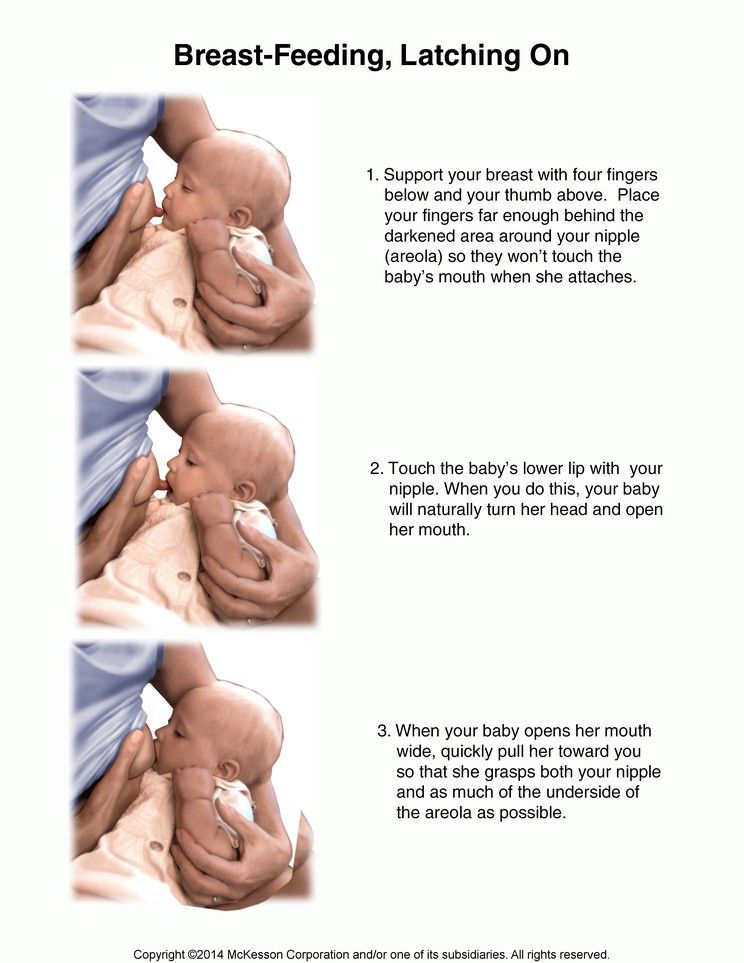
Why do men have nipples?
Embryos develop in the same way in the womb up to a certain point (until about the 9th week of pregnancy, when sex differences appear). Including, their nipples grow. But during puberty - thanks to hormones - women develop breast tissue and the ability to produce milk, while men do not.
There are also controversial claims that nipples are a necessary tool for men who want to breastfeed their children. Men in the Aka tribe in Central Africa, who share hunting, camping and child-rearing responsibilities with the women of the tribe and are very close to their children, are doing just that, says anthropologist Barry Hewlett.
Even without milk production and breastfeeding, men can help mothers with breastfeeding. For example, taking on the responsibility of carrying a baby after feeding to spit up or feeding a baby with a breast milk bottle - there are many options for mutual assistance in raising a child, and partners can agree without using dangerous experiments on a male body that is not adapted for feeding.
youtube
Click and watch
Can men breastfeed?: sadcrixivan — LiveJournal
?- Children
- Cancel
And in our time, you can find similar examples.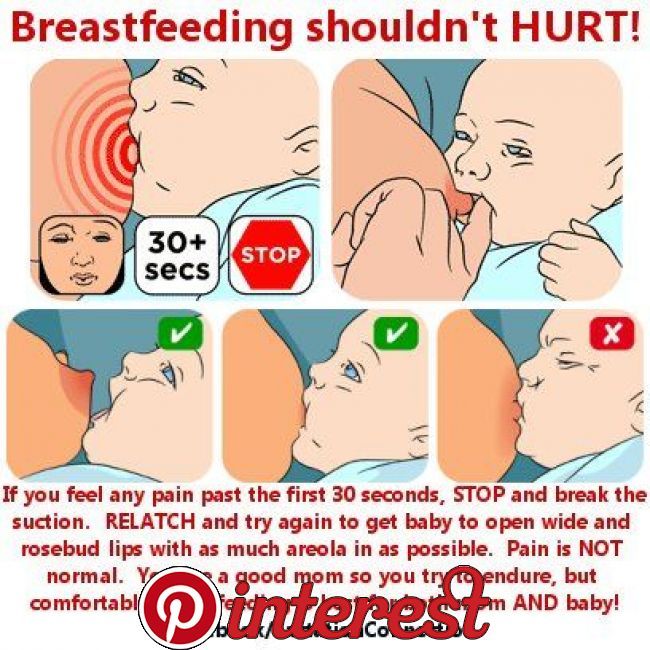 In 2002, a Sri Lankan man, B. Wijeratne, lost his wife and was left with an 18-month-old daughter. The baby refused to drink artificial formula, and Wijeratne decided to try feeding himself. "I couldn't see her cry anymore and offered my own breasts," Wijeratne told a local newspaper. "That's how I found out that I could breastfeed."
In 2002, a Sri Lankan man, B. Wijeratne, lost his wife and was left with an 18-month-old daughter. The baby refused to drink artificial formula, and Wijeratne decided to try feeding himself. "I couldn't see her cry anymore and offered my own breasts," Wijeratne told a local newspaper. "That's how I found out that I could breastfeed."
Vijeratne's case is not unique. Theoretically, all men can breastfeed, because they have two necessary conditions for lactation - the mammary glands and the pituitary gland. The mammary glands that produce milk are found in all mammals, regardless of gender, and are their defining characteristic. In some species, such as mice, the male mammary glands are so underdeveloped that they cannot function. However, all people, regardless of gender, have fully formed mammary glands, milk ducts, and nipples.
Of course, in order for a person to breastfeed, these glands must first be activated. In women, this process usually occurs during pregnancy, when the pituitary gland in the brain begins to produce large amounts of the hormone prolactin, which prepares the breasts for milk production.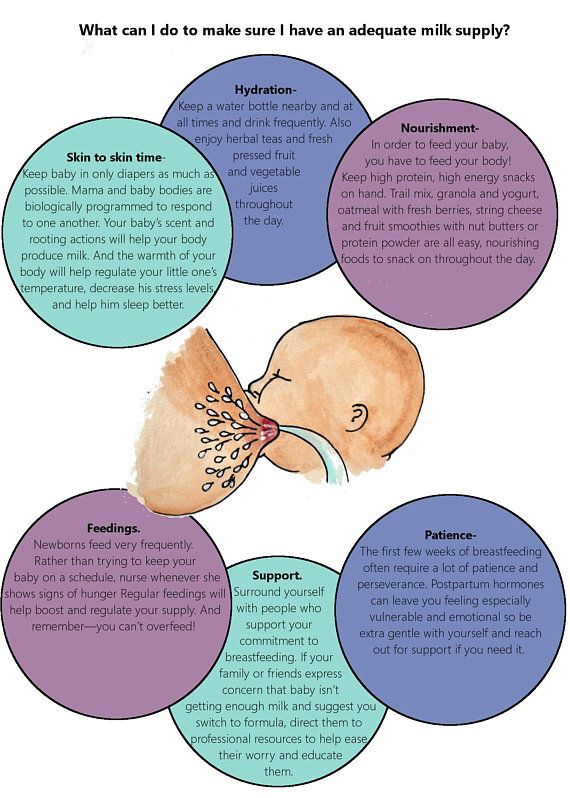
All men produce small amounts of prolactin during their lifetime. For example, prolactin is released after orgasm and may be associated with feelings of satisfaction and relaxation after sex. It's just that usually men have too little prolactin to allow them to breastfeed.
However, under certain psychological circumstances, the brain may require the body to start producing this hormone. This happens, for example, to mothers of adopted babies who unexpectedly discover that they can breastfeed. And as the cases described by Dr. Gould and Dr. Pyle demonstrate, in similar circumstances the same can happen to men.
From:
http://www.mentalfloss.com/
Tags: stuff
Subscribe
-
Why Women Are Silent in Meetings
Creators: Sheryl Sandberg and Adam Grant A few years ago, while working on Agents of S.H.I.E.L.D., producer/writer Glen Mazzara noticed that…
-
Delusional Parasitosis Unique Artifact
Delusional parasitosis is a form of psychosis in which a person thinks tiny creatures are crawling under his or her skin.
